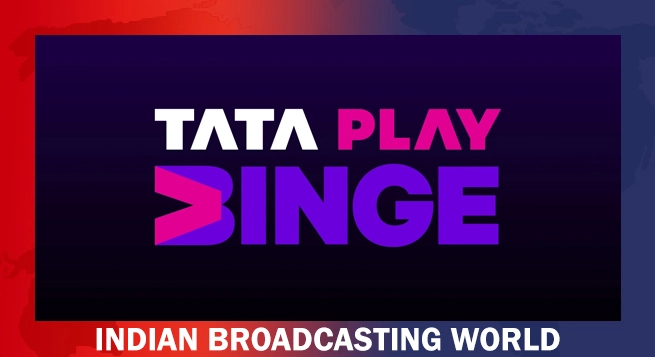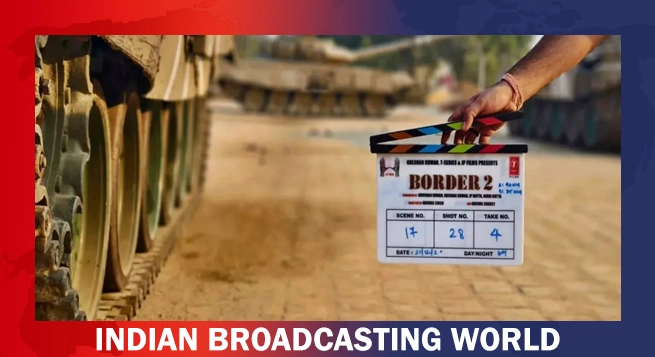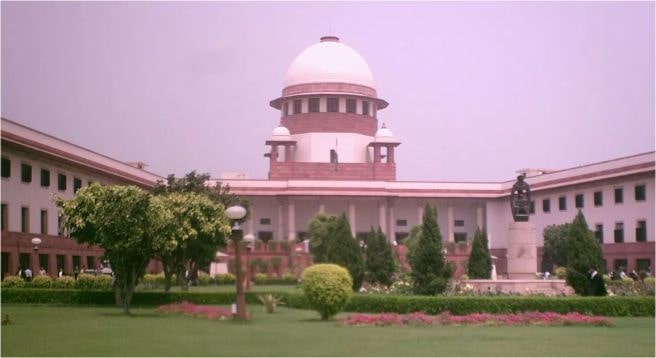India’s Supreme Court on Wednesday said that it would not be able to create a separate avenue for journalists to come directly to the top court under Article 32 to quash cases registered against them.
According to BarandBench.com, a legal news website, the apex court said that while free speech and freedom of the media are crucial, alternative remedies, like the high courts, should be first exhausted.
“We don’t want (the) press to be stifled. But we cannot create (a) separate avenue for journalists to come to this court directly under Article 32 for quashing FIRs,” the Supreme Court of India Bench remarked, according to the website report.
The Supreme Court was hearing a plea by web news portal, The Wire and three journalists from the portal, Seeraj Ali, Mukul Singh Chauhan and Ismat Ara, seeking quashing of criminal proceedings initiated against them by the Uttar Pradesh Police in connection with a report done by them on the demolition of Gareeb Nawaz Mosque in Uttar Pradesh.
The apex court eventually granted the petitioners protection from arrest for two months, while asking them to approach the Allahabad High Court to seek further legal relief; especially as the high court was situated in the northern State of Uttar Pradesh.
However, on June 3, 2021, The Hindu had reported that the Supreme Court had quashed a sedition case registered against senior journalist and Padma Shri awardee Vinod Dua for his critical remarks against the Prime Minister and the federal government in a YouTube telecast, underscoring its 59-year-old verdict that “strong words” of disapproval about the ruling regime did not amount to sedition.
A Bench led by Justice U.U. Lalit upheld the right of every journalist to criticise, even brutally, the measures of the government with a view to improving or alter them through legal means. The free speech of a journalist should be protected from charges of sedition.
The ruling was widely lauded , including the media.
 TRAI revamps website to connect with wider audience
TRAI revamps website to connect with wider audience  Prime Video to limit in India number of TV sets having access per subscription
Prime Video to limit in India number of TV sets having access per subscription  Delhi HC orders meta to remove deepfake videos of Rajat Sharma
Delhi HC orders meta to remove deepfake videos of Rajat Sharma  Govt. blocked 18 OTT platforms for obscene content in 2024
Govt. blocked 18 OTT platforms for obscene content in 2024  Broadcasting industry resists inclusion under Telecom Act
Broadcasting industry resists inclusion under Telecom Act  DTH viewing going down & a hybrid ecosystem evolving: Dish TV CEO
DTH viewing going down & a hybrid ecosystem evolving: Dish TV CEO  Tata Play Binge brings Christmas movie lineup
Tata Play Binge brings Christmas movie lineup  ITG elevates Siddharth Zarabi to BT multiverse Editor
ITG elevates Siddharth Zarabi to BT multiverse Editor  Airtel leads subscriber growth with 1.93mn additions in October
Airtel leads subscriber growth with 1.93mn additions in October  ‘Border 2’ begins filming
‘Border 2’ begins filming  Asianet announces festive programming for Christmas 2024
Asianet announces festive programming for Christmas 2024 








